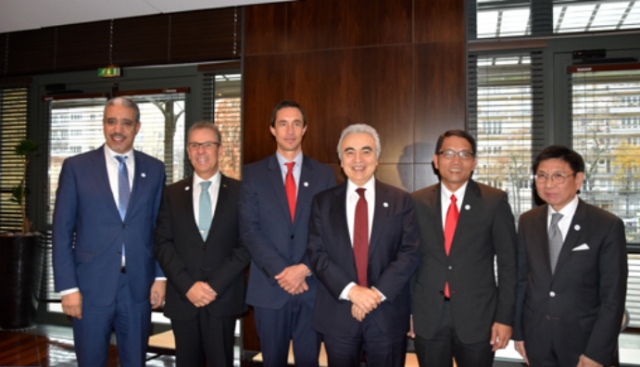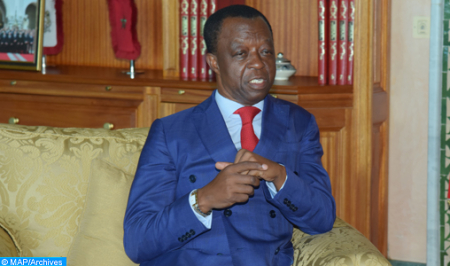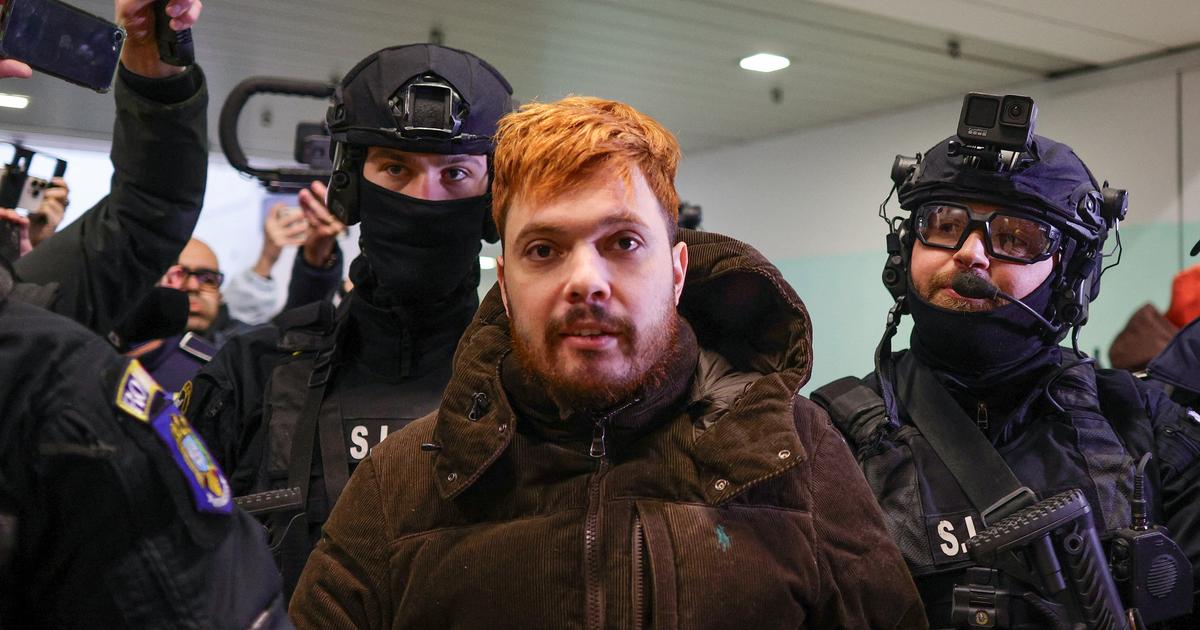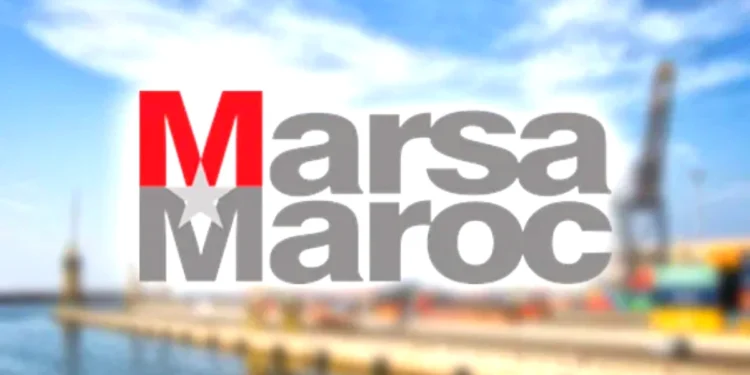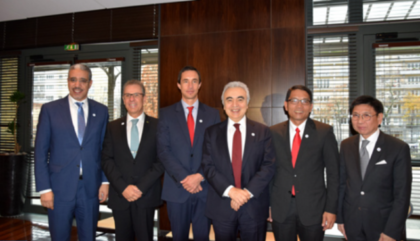 Morocco and the International Energy Agency (IEA) vowed to deepen their cooperation in the areas of energy security, renewable energy, energy efficiency, capacity building and data and statistics, under an action program for the period 2020-2021.
Morocco and the International Energy Agency (IEA) vowed to deepen their cooperation in the areas of energy security, renewable energy, energy efficiency, capacity building and data and statistics, under an action program for the period 2020-2021.
The joint work program, signed Friday in Paris, aims to meet the specific needs of the Kingdom for transitioning into a low-carbon economy.
Morocco’s collaboration with theParis-based IEA, an autonomous intergovernmental organization that focuses on energy security, economic development, and environmental protection, began in 2007, particularly in the areas of energy policy, statistics and research and development.
Two years later, Morocco adopted a national energy strategy, setting clear targets for the development of wind, solar and hydroelectric power. Under this energy strategy, Morocco aims to reach 52% of electricity consumption based on renewable energy by 2030.
And since the launch of this strategy in 2009, Morocco has heavily invested in renewable energy with projects such as Noor Ouarzazate, the largest concentrated solar power plant in the world.
Morocco became an associate member of the IEA in November 2016.
The two sides signed a first work program in June 2017, for the period 2017-2019, which has been successfully implemented.
Under the second work program, the IEA and the Ministry of Energy will work closely together to achieve the ambitious goals set out in the Kingdom’s energy plan, targeting a more sustainable and secure energy future. This cooperation also covers capacity building at the regional level, especially in Africa.
In this connection, IEA Executive Director Fatih Birol who initialed the work program along with Moroccan energy Minister Aziz Rabbah, welcomed the “growing importance” of Morocco in Africa and elsewhere in the energy field.
Morocco is a logistic partner of the agency with its strategic geo-location and well-developed infrastructure, Rabbah said. The kingdom is ranked 17th in the world in terms of maritime connection and plays an important role in international energy security, he added.
Rabbah participated on Wednesday, December 4, in the first meeting of the recently-created High-Level Global Commission for Urgent Action on Energy Efficiency. He also took part in the IEA’s ministerial conference on Thursday, December 5.
The Moroccan delegation to these meetings also included officials from the National Office of Hydrocarbons and Mines (ONHYM), the National Office of Electricity & Water (ONEE) and the Moroccan Agency for Energy Efficiency (AMEE).
